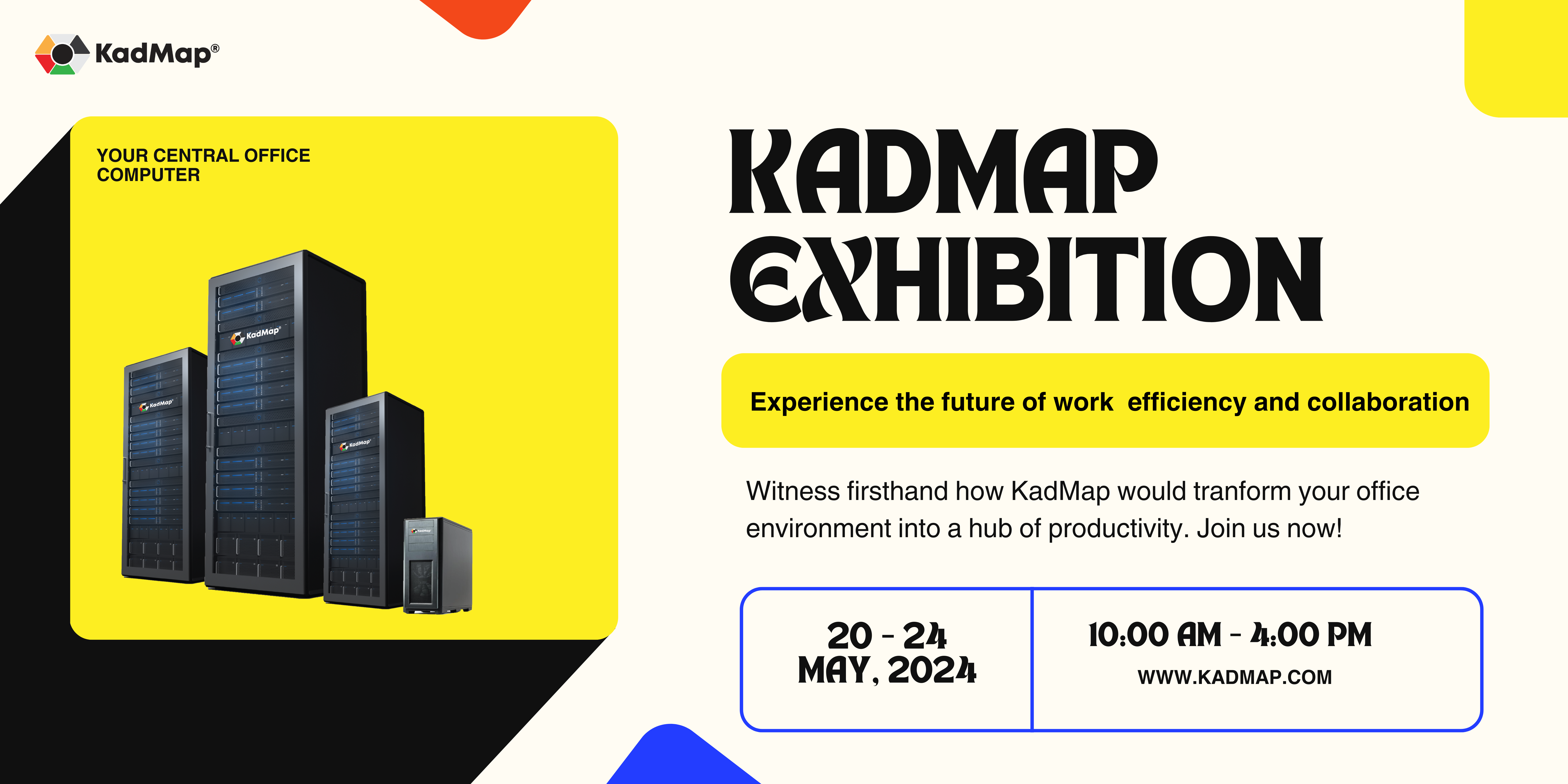Back
Is Privacy Truly Achievable in a Digital Office? KadMap’s Take on the Data Privacy Dilemma

Martina Nzelu
Technical Marketing Officer
Published 10 days ago

The digital age has transformed the workplace, making it easier than ever to collaborate, communicate, and create. Yet, alongside these advancements, the issue of data privacy has become a growing concern. With every document shared, every login made, and every meeting held, the question looms: Is privacy truly achievable in a digital office?
At KadMap Systems, we believe the answer lies in understanding the delicate balance between accessibility and confidentiality. As a product predicated on fostering seamless offline collaboration and safeguarding sensitive information, we’ve had to confront this dilemma head-on.
The Digital Office Conundrum
In today’s hyper-connected world, data is the lifeblood of organizations. However, this reliance on web-based digital tools and platforms has opened the door to cyber threats, data breaches, and unauthorized access. Employees often unwittingly compromise security through weak passwords, unencrypted communications, or reliance on third-party applications that may lack robust security protocols, sometimes, through intentional acts of stealing data from company databases.
Moreover, in times of civil unrest or external crises, the need for data privacy becomes even more critical. Sensitive information about an organization’s strategies, operations, and people must be protected from malicious actors.
KadMap’s Approach to Privacy
KadMap is no stranger to these challenges. Our journey from research to a fully-fledged product has been driven by one mission: empowering organizations with data sovereignty without sacrificing usability. Here is how we address the data privacy dilemma:
Offline-Centric Collaboration
Unlike many solutions that rely solely on cloud services, KadMap offers offline collaboration tools that allow organizations to network within themselves, resulting in a seamless and secure workflow. This approach minimizes the risk of exposure to external cyber threats, ensuring sensitive data remains within the organization’s control as it is disconnected from the web.
Data Ownership and Control
We advocate for data sovereignty. Organizations using KadMap fully own their data and can control its accessibility. This is made possible by the unique KadMap Operating System architecture, which, among other features, provides offline functionality that safeguards every piece of information, whether at rest or in transit.
Resilient Infrastructure
The KadMap Data Machine (KDM) is designed to remain operational, ensuring secure access to critical data when needed most. Our hardware and software solutions are built with resilience at their core, making them ideal for environments where data security is non-negotiable.
User-Friendly Security
We understand that even the best security features are useless if they are too complicated for the average user. That is why KadMap prioritizes intuitive design, enabling teams to work securely without technical hurdles.
While achieving absolute privacy in a digital office may remain an elusive ideal, KadMap believes in setting a high standard for what is possible. The key is not to aim for perfection but to establish systems that significantly reduce vulnerabilities, empower users, and anticipate evolving threats.
As organizations navigate the complexities of a digital-first world, the question is not whether privacy is achievable, it is whether we are taking the right steps to protect it. At KadMap, we’re committed to being part of the solution.


